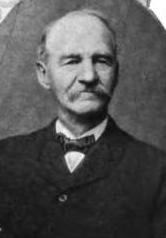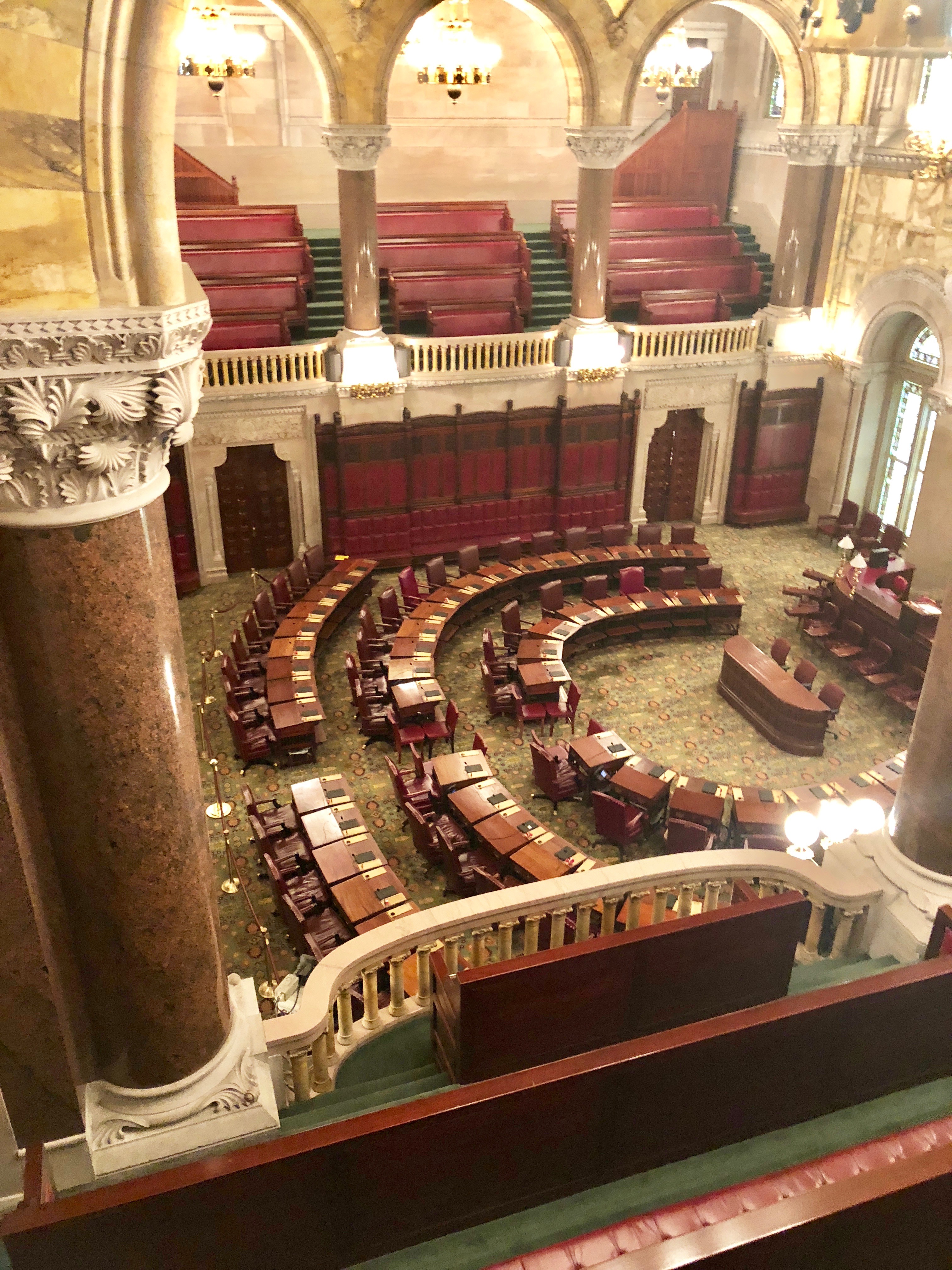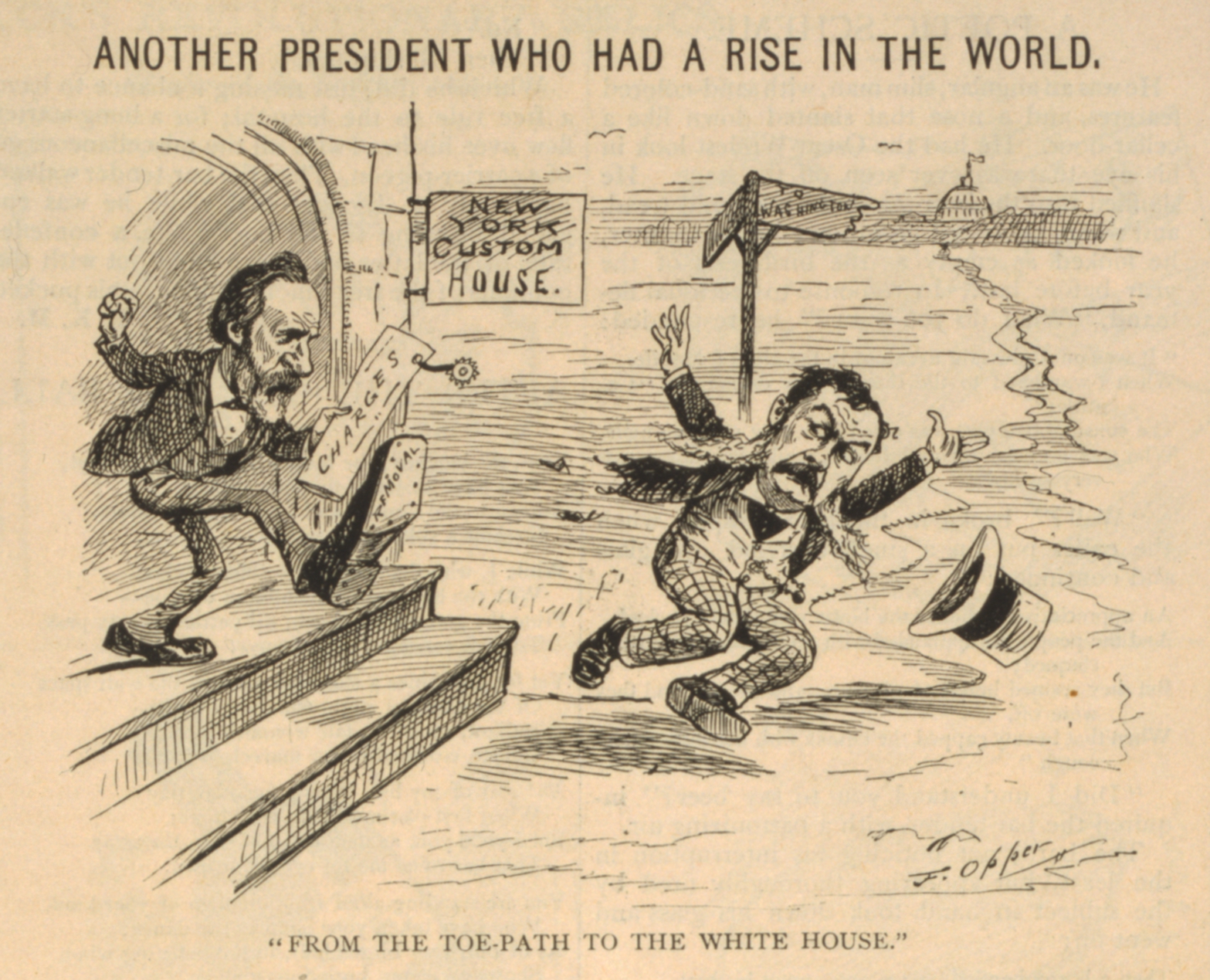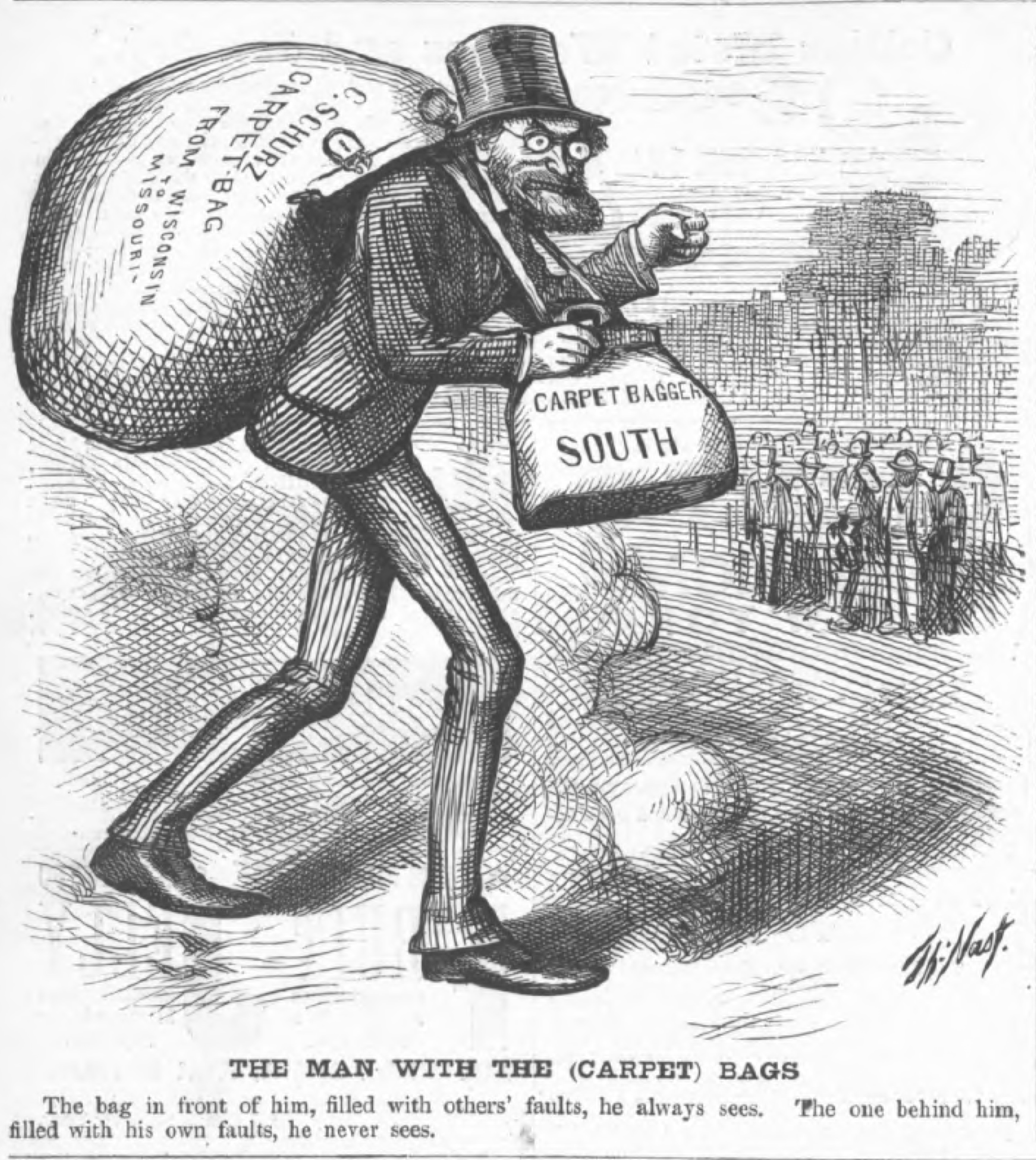|
Orlando Hubbs
Orlando Hubbs (February 18, 1840 – December 5, 1930) was an American carriage builder, ship's joiner and politician. He moved from New York to North Carolina in 1865, where he helped organize the Republican Party in the state. He served as a U.S. Congressman from North Carolina between 1881 and 1883. Early life and education Born in Commack, New York on Long Island, Hubbs attended local schools. He moved to Northport, New York in 1856 and learned the trade of a carriage and wagon builder. He subsequently became employed as a ship’s joiner at Hunters Point, New York during the American Civil War. Political career In 1865, Hubbs moved to New Bern, North Carolina and became engaged in mercantile pursuits. He took an active part in organizing the Republican Party in North Carolina. From 1871 to 1881 Hubbs was elected as sheriff of Craven County. He ran for United States House of Representatives in 1880, an election cycle in which the GOP convention was divided over his pa ... [...More Info...] [...Related Items...] OR: [Wikipedia] [Google] [Baidu] |
New York State Senate
The New York State Senate is the upper house of the New York State Legislature; the New York State Assembly is its lower house. Its members are elected to two-year terms; there are no term limits. There are 63 seats in the Senate. Partisan composition The New York State Senate was dominated by the Republican Party for much of the 20th century. Between World War II and the turn of the 21st century, the Democratic Party only controlled the upper house for one year. The Democrats took control of the Senate following the 1964 elections; however, the Republicans quickly regained a Senate majority in special elections later that year. By 2018, the State Senate was the last Republican-controlled body in New York government. In the 2018 elections, Democrats gained eight Senate seats, taking control of the chamber from the Republicans. In the 2020 elections, Democrats won a total of 43 seats, while Republicans won 20; the election results gave Senate Democrats a veto-proof two-thirds ... [...More Info...] [...Related Items...] OR: [Wikipedia] [Google] [Baidu] |
Craven County, North Carolina
Craven County is located in the U.S. state of North Carolina. As of the 2020 census, the population was 100,720. Its county seat is New Bern. The county was created in 1705 as Archdale Precinct from the now-extinct Bath County. It was renamed Craven Precinct in 1712 and gained county status in 1739. It is named for William, Earl of Craven, who lived from 1606 to 1697. Craven County is part of the New Bern, NC, Metropolitan Statistical Area. History On August 4, 1661, George Durant purchased land from Cisketando, king of the Yeopim Indian tribe. On March 13, 1662, a second purchase was made from Kilcocanen, another Yeopim. By 1662 Durant was living in Virginia on a tract of land along the Perquimans River which flows into Albemarle Sound, which became part of the Carolina colony in 1665. Craven County was established in 1712 as Craven Precinct, a precinct of Bath County. It was named after William, Lord Craven, one of the Lords Proprietors. That year Christopher Gale becam ... [...More Info...] [...Related Items...] OR: [Wikipedia] [Google] [Baidu] |
Stalwarts (politics)
The Stalwarts were a faction of the Republican Party that existed briefly in the United States during and after Reconstruction and the Gilded Age during the 1870s and 1880s. Led by U.S. Senator Roscoe Conkling—also known as "Lord Roscoe"—Stalwarts were sometimes called ''Conklingites''. Other notable Stalwarts included Benjamin Wade, Charles J. Folger, George C. Gorham, Chester A. Arthur, Thomas C. Platt, and Leonidas C. Houk. The faction favored Ulysses S. Grant, the eighteenth President of the United States (1869–1877), running for a third term in the 1880 United States presidential election. The designation of "Stalwart" to describe the faction was coined by James G. Blaine, who would later lead the rival "Half-Breed" faction during the Garfield administration. Blaine and his political organization formed an informal coalition with the Stalwarts during the presidency of Rutherford B. Hayes,''The Senatorial Career of William P. Frye'', pp. 5–6. supporting patron ... [...More Info...] [...Related Items...] OR: [Wikipedia] [Google] [Baidu] |
James A
James is a common English language surname and given name: *James (name), the typically masculine first name James * James (surname), various people with the last name James James or James City may also refer to: People * King James (other), various kings named James * Saint James (other) * James (musician) * James, brother of Jesus Places Canada * James Bay, a large body of water * James, Ontario United Kingdom * James College, a college of the University of York United States * James, Georgia, an unincorporated community * James, Iowa, an unincorporated community * James City, North Carolina * James City County, Virginia ** James City (Virginia Company) ** James City Shire * James City, Pennsylvania * St. James City, Florida Arts, entertainment, and media * ''James'' (2005 film), a Bollywood film * ''James'' (2008 film), an Irish short film * ''James'' (2022 film), an Indian Kannada-language film * James the Red Engine, a character in ''Thomas the Tank En ... [...More Info...] [...Related Items...] OR: [Wikipedia] [Google] [Baidu] |
Radical Republicans
The Radical Republicans (later also known as " Stalwarts") were a faction within the Republican Party, originating from the party's founding in 1854, some 6 years before the Civil War, until the Compromise of 1877, which effectively ended Reconstruction. They called themselves "Radicals" because of their goal of immediate, complete, and permanent eradication of slavery, without compromise. They were opposed during the War by the Moderate Republicans (led by President Abraham Lincoln), and by the pro-slavery and anti-Reconstruction Democratic Party. Radicals led efforts after the war to establish civil rights for former slaves and fully implement em ... [...More Info...] [...Related Items...] OR: [Wikipedia] [Google] [Baidu] |
Spoils System
In politics and government, a spoils system (also known as a patronage system) is a practice in which a political party, after winning an election, gives government jobs to its supporters, friends (cronyism), and relatives (nepotism) as a reward for working toward victory, and as an incentive to keep working for the party—as opposed to a merit system, where offices are awarded on the basis of some measure of merit, independent of political activity. The term was used particularly in politics of the United States, where the federal government operated on a spoils system until the Pendleton Act was passed in 1883 due to a civil service reform movement. Thereafter the spoils system was largely replaced by nonpartisan merit at the federal level of the United States. The term was derived from the phrase "to the victor belong the spoils" by New York Senator William L. Marcy, referring to the victory of Andrew Jackson in the election of 1828, with the term spoils meaning goods or ... [...More Info...] [...Related Items...] OR: [Wikipedia] [Google] [Baidu] |
George H
George may refer to: People * George (given name) * George (surname) * George (singer), American-Canadian singer George Nozuka, known by the mononym George * George Washington, First President of the United States * George W. Bush, 43rd President of the United States * George H. W. Bush, 41st President of the United States * George V, King of Great Britain, Ireland, the British Dominions and Emperor of India from 1910-1936 * George VI, King of Great Britain, Ireland, the British Dominions and Emperor of India from 1936-1952 * Prince George of Wales * George Papagheorghe also known as Jorge / GEØRGE * George, stage name of Giorgio Moroder * George Harrison, an English musician and singer-songwriter Places South Africa * George, Western Cape ** George Airport United States * George, Iowa * George, Missouri * George, Washington * George County, Mississippi * George Air Force Base, a former U.S. Air Force base located in California Characters * George (Peppa Pig), a 2-year-old ... [...More Info...] [...Related Items...] OR: [Wikipedia] [Google] [Baidu] |
Jim Crow
The Jim Crow laws were state and local laws enforcing racial segregation in the Southern United States. Other areas of the United States were affected by formal and informal policies of segregation as well, but many states outside the South had adopted laws, beginning in the late 19th century, banning discrimination in public accommodations and voting. Southern laws were enacted in the late 19th and early 20th centuries by white Southern Democrat-dominated state legislatures to disenfranchise and remove political and economic gains made by African Americans during the Reconstruction era. Jim Crow laws were enforced until 1965. In practice, Jim Crow laws mandated racial segregation in all public facilities in the states of the former Confederate States of America and in some others, beginning in the 1870s. Jim Crow laws were upheld in 1896 in the case of '' Plessy vs. Ferguson'', in which the Supreme Court laid out its "separate but equal" legal doctrine concerning facil ... [...More Info...] [...Related Items...] OR: [Wikipedia] [Google] [Baidu] |
Ohio
Ohio () is a state in the Midwestern region of the United States. Of the fifty U.S. states, it is the 34th-largest by area, and with a population of nearly 11.8 million, is the seventh-most populous and tenth-most densely populated. The state's capital and largest city is Columbus, with the Columbus metro area, Greater Cincinnati, and Greater Cleveland being the largest metropolitan areas. Ohio is bordered by Lake Erie to the north, Pennsylvania to the east, West Virginia to the southeast, Kentucky to the southwest, Indiana to the west, and Michigan to the northwest. Ohio is historically known as the "Buckeye State" after its Ohio buckeye trees, and Ohioans are also known as "Buckeyes". Its state flag is the only non-rectangular flag of all the U.S. states. Ohio takes its name from the Ohio River, which in turn originated from the Seneca word ''ohiːyo'', meaning "good river", "great river", or "large creek". The state arose from the lands west of the Appalachian Mountai ... [...More Info...] [...Related Items...] OR: [Wikipedia] [Google] [Baidu] |
Pendleton Civil Service Reform Act
The Pendleton Civil Service Reform Act is a United States federal law passed by the 47th United States Congress and signed into law by President Chester A. Arthur on January 16, 1883. The act mandates that most positions within the federal government should be awarded on the basis of merit instead of political patronage. By the late 1820s, American politics operated on the spoils system, a political patronage practice in which officeholders awarded their allies with government jobs in return for financial and political support. Proponents of the spoils system were successful at blocking meaningful civil service reform until the assassination of President James A. Garfield in 1881. The 47th Congress passed the Pendleton Civil Service Reform Act during its lame duck session and President Chester A. Arthur, himself a former spoilsman, signed the bill into law. The Pendleton Civil Service Act provided for the selection of some government employees by competitive exams, rather than ti ... [...More Info...] [...Related Items...] OR: [Wikipedia] [Google] [Baidu] |
Patronage
Patronage is the support, encouragement, privilege, or financial aid that an organization or individual bestows on another. In the history of art, arts patronage refers to the support that kings, popes, and the wealthy have provided to artists such as musicians, painters, and sculptors. It can also refer to the right of bestowing offices or Benefice, church benefices, the business given to a store by a regular customer, and the patron saint, guardianship of saints. The word "patron" derives from the la, patronus ("patron"), one who gives benefits to his clients (see Patronage in ancient Rome). In some countries the term is used to describe political patronage or patronal politics, which is the use of state resources to reward individuals for their electoral support. Some patronage systems are legal, as in the Canadian tradition of the Prime Minister to appoint Senate of Canada, senators and the heads of a number of commissions and agencies; in many cases, these appointments go to ... [...More Info...] [...Related Items...] OR: [Wikipedia] [Google] [Baidu] |
Carpetbaggers
In the history of the United States, carpetbagger is a largely historical term used by Southerners to describe opportunistic Northerners who came to the Southern states after the American Civil War, who were perceived to be exploiting the local populace for their own financial, political, and/or social gain. The term broadly included both individuals who sought to promote Republican politics (including the right of African Americans to vote and hold office) and individuals who saw business and political opportunities because of the chaotic state of the local economies following the war. In practice, the term ''carpetbagger'' was often applied to any Northerners who were present in the South during the Reconstruction Era (1865–1877). The term is closely associated with "scalawag", a similarly pejorative word used to describe native white Southerners who supported the Republican Party-led Reconstruction. White Southerners commonly denounced "carpetbaggers" collectively durin ... [...More Info...] [...Related Items...] OR: [Wikipedia] [Google] [Baidu] |


.jpg)




_(31023042187)_CROP.jpg)
